Poppy seeds are not considered toxic to chickens and are safe to feed. They are rich in fiber and have a good mix of protein, fats, and carbohydrates, making them a nutritious addition to a chicken’s diet.
However, it is important to feed poppy seeds in moderation, as with any other treat, to maintain a balanced and healthy diet for chickens. Introducing different types of food to a chicken’s diet is essential to provide them with a variety of nutrients.
While chickens primarily feed on grains, pellets, fruits, vegetables, and bugs, it is normal for chicken owners to wonder if they can expand their flock’s culinary preferences. One common question that arises is whether chickens can eat poppy seeds. We will explore whether it is safe for chickens to consume poppy seeds and the potential benefits of including them in their diet.
Table of Contents
Can Chickens Eat Poppy Seeds?
Poppy seeds are a nutritious addition to a chicken’s diet due to their high fiber content and balanced mix of protein, fats, and carbohydrates. Chickens can safely consume poppy seeds, making them a healthy treat.

Credit: www.amazon.com
Understanding The Nutritional Content Of Poppy Seeds
Before deciding whether chickens can eat poppy seeds, it’s important to understand the nutritional content of these tiny seeds. Poppy seeds are rich in fiber, boasting an impressive amount of vitamins and minerals, including manganese, magnesium, and calcium. They also contain essential fatty acids and amino acids, making them a nutritious addition to any diet, including that of chickens.
Here is a breakdown of the nutritional content of poppy seeds:
| Nutrient | Amount per 100g |
|---|---|
| Protein | 17.9g |
| Fat | 42.2g |
| Carbohydrates | 28.1g |
| Fiber | 19.5g |
| Calcium | 1438mg |
| Magnesium | 347mg |
| Manganese | 6.5mg |
The Benefits Of Feeding Poppy Seeds To Chickens
Feeding poppy seeds to chickens can provide numerous benefits for their overall health and well-being. Here are some advantages:
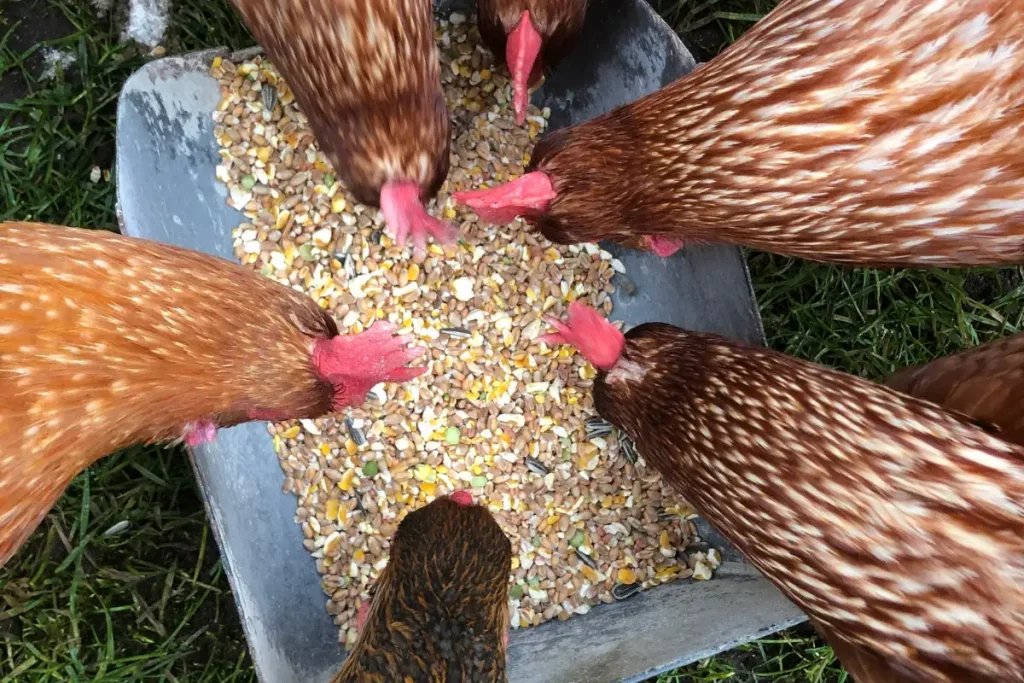
Potential Risks And Precautions
While poppy seeds offer numerous benefits, it’s important to take a few precautions when feeding them to chickens:
- Quantity: Moderation is key when introducing any new food to your chickens’ diet. Start by offering a small amount of poppy seeds and observe how they react. If they show any signs of digestive discomfort, it’s best to discontinue feeding poppy seeds.
- Seed Safety: Ensure that the poppy seeds you provide to your chickens are safe for consumption and have not been treated with any harmful substances.
- Variety: While poppy seeds can be a nutritious addition to a chicken’s diet, it’s important to maintain a balanced feed that includes a variety of other grains, seeds, and fresh fruits and vegetables.
By understanding the nutritional content of poppy seeds and following these precautions, you can safely incorporate them into your chickens’ diet, reaping the benefits of these nutritious seeds.
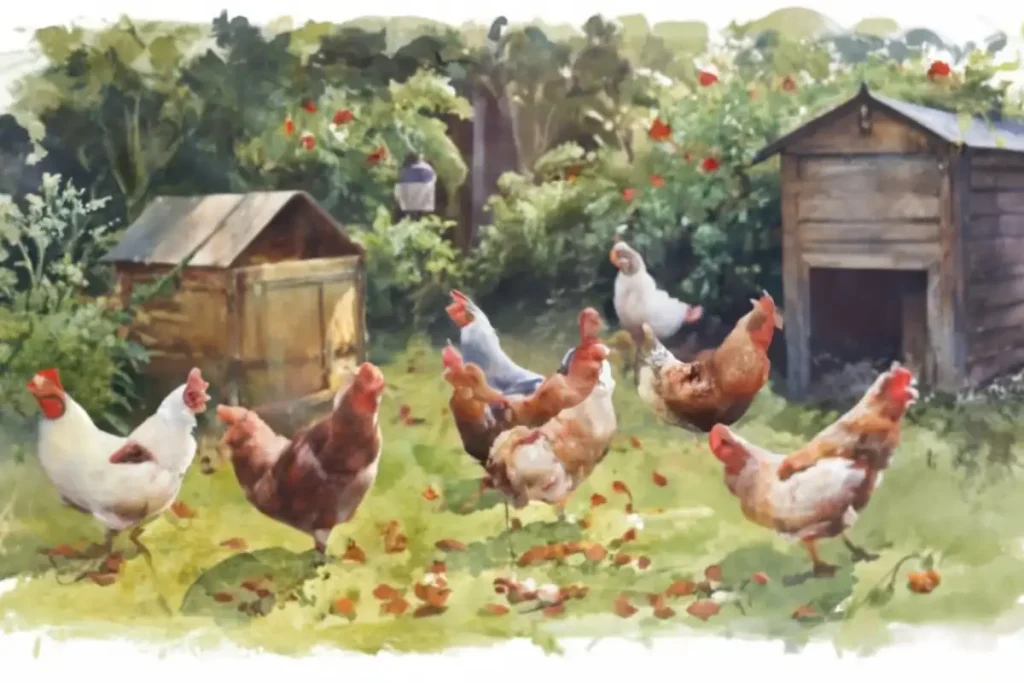
Other Seeds Suitable For Chickens
Chickens can eat poppy seeds as they are rich in fiber, protein, fats, and carbohydrates, making them a suitable addition to their diet. However, it is important to note that chickens should not eat the poppy flowers or plants themselves.
Chickens love to peck and scratch at various seeds, and fortunately, there are several other seed options that are beneficial for their health and well-being. These seeds not only provide essential nutrients but can also be grown and harvested for long-term use. Let’s take a closer look at some of the popular seeds that are suitable for chickens.
Amaranth Seeds
Amaranth seeds are an excellent choice for chickens due to their high protein content. These tiny seeds are packed with essential amino acids, vitamins, and minerals. Chickens can consume amaranth seeds in their raw state or cooked. To grow amaranth seeds for your flock, simply sow the seeds in well-drained soil and provide them with adequate sunlight. Once matured, the plant will produce tiny and nutritious seeds that can be dried and stored for later use.
Sunflower Seeds
Sunflower seeds are another favorite among chickens. Not only are they tasty, but they are also packed with nutrients such as vitamin E, magnesium, and healthy fats. Growing sunflower seeds is relatively easy – plant the seeds in a sunny location with well-drained soil. As the sunflower plants reach maturity and start to dry out, the seeds will develop. Once fully dried, you can harvest the sunflower heads and remove the seeds for feeding your chickens or storing them for winter months.
Corn Seeds
Corn seeds are a staple in many chicken diets as they are nutritious and energy-rich. They contain carbohydrates, proteins, and essential minerals. Planting corn can be done by sowing the seeds directly in the ground, ensuring adequate spacing. As the corn plants reach maturity, the cobs will become fully formed and ready for harvest. Allow the cobs to dry out before collecting the kernels. These dried corn kernels can be fed to your chickens as a tasty treat or stored for use during colder months when fresh forage is scarce.
Pumpkin Seeds
Pumpkin seeds are not only a delicious snack for humans but are also highly beneficial for chickens. They contain protein, fiber, vitamins, and minerals. Growing pumpkins for their seeds is relatively simple – plant the pumpkin seeds in well-drained soil and provide ample sunlight. As the pumpkins mature, they will develop large seeds that can be harvested. Once removed from the pumpkins, these seeds can be dried and stored for future feeding.

Credit: www.amazon.com
The Benefits Of Growing These Seeds For Chickens
Growing seeds such as amaranth, sunflower, corn, and pumpkin for your chickens offers numerous benefits. Firstly, it provides your flock with a diverse and nutritious diet. These seeds are rich in essential nutrients and can supplement the existing feed to ensure optimal health and egg production. Secondly, growing these seeds enables you to have a self-sustaining system. By harvesting and storing the seeds, you can provide your chickens with fresh, homegrown food throughout the year, even during seasons when forage is limited. Lastly, incorporating these seed varieties into your chicken’s diet adds variety, preventing monotony and keeping them happy and engaged.
Tips For Drying And Storing Seeds
Drying and storing seeds properly will ensure their longevity and freshness. Here are a few tips to follow:
- Harvest the seeds when they are fully matured.
- Remove any excess pulp or debris from the seeds.
- Spread the seeds in a single layer on a clean, dry surface.
- Allow the seeds to air dry completely, away from direct sunlight.
- Once dry, transfer the seeds to airtight containers such as glass jars or resealable bags.
- Store the seeds in a cool, dark, and dry place to maintain their quality.
- Label the containers with the seed type and date of harvesting.
- Rotate the stored seeds regularly, using the oldest ones first.
With these simple steps, you can ensure that the seeds remain viable and fresh, ready to be enjoyed by your chickens when needed.
By incorporating amaranth, sunflower, corn, and pumpkin seeds into your chickens’ diet, you are providing them with a nutritious and varied food source. Additionally, growing these seeds allows you to have a sustainable and self-sufficient feeding system for your flock. Remember to follow the drying and storing tips to maintain the quality of the seeds. Your chickens will surely appreciate the tasty and healthy treats!
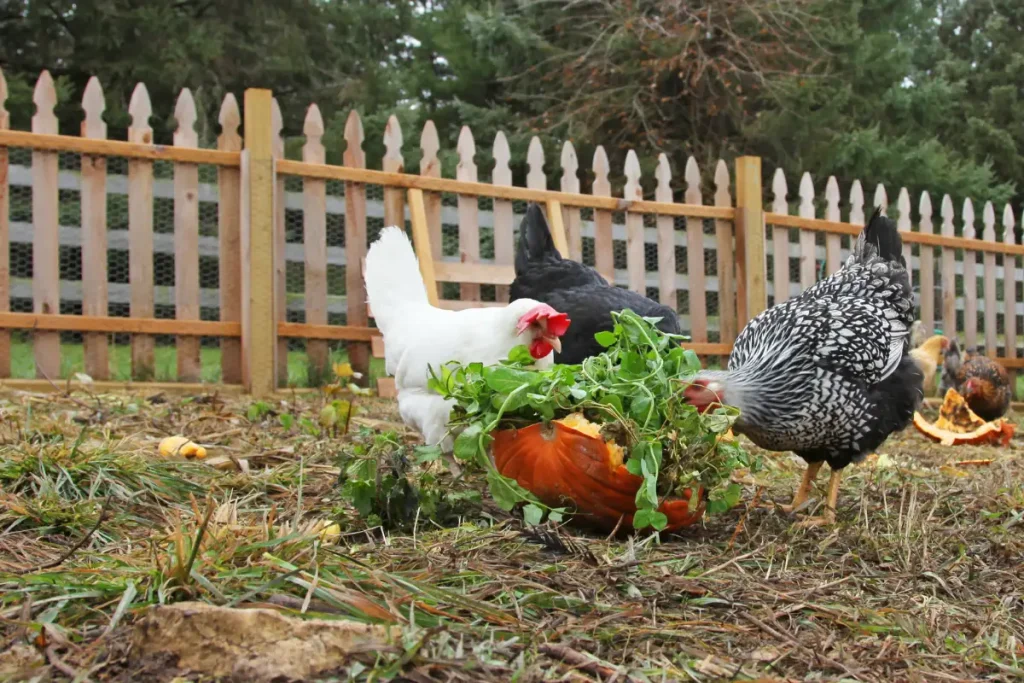
Plants And Flowers That Chickens Should Avoid
Poppy seeds may not be the best option for chickens to eat. While they contain fiber and a mix of nutrients, they can also be potentially harmful as poppies are known for containing opium alkaloids. It is recommended to avoid feeding chickens poppy seeds to ensure their safety and health.
Toxic Plants And Flowers To Keep Away From Chickens
When it comes to keeping chickens happy and healthy, it’s essential to create a safe environment for them. This means being aware of plants and flowers that can be harmful to chickens if consumed. Not all plants and flowers are safe for chickens to eat, and some can have severe consequences on their health. Let’s explore some toxic plants and flowers that you should keep away from your chickens.
The Consequences Of Chickens Consuming Toxic Plants
Chickens are curious creatures that love to explore their surroundings, including plants and flowers. However, consuming toxic plants can have severe consequences on their well-being. Toxic plants and flowers can cause various health issues in chickens, such as:
- Diarrhea
- Vomiting
- Respiratory problems
- Organ damage
- Weakness or paralysis
- Death in severe cases
It’s crucial to recognize the signs of plant poisoning in chickens, such as changes in behavior, reduced appetite, or unusual droppings. If you suspect your chickens have consumed toxic plants, it’s best to seek veterinary advice immediately.
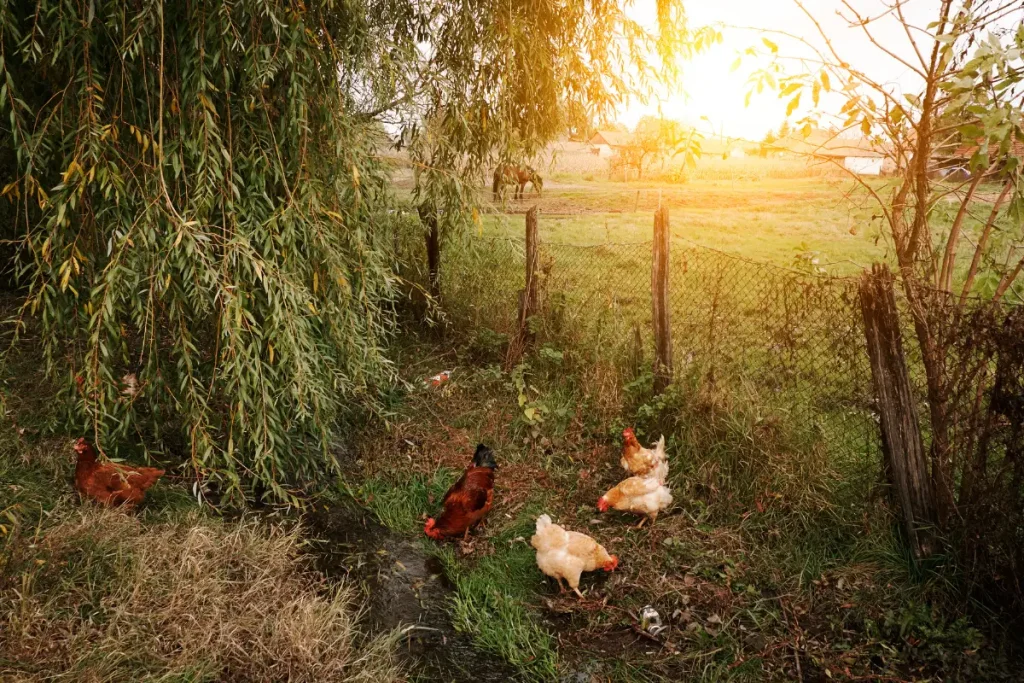
Creating A Safe Environment For Your Chickens
To protect your chickens from consuming toxic plants and flowers, it’s vital to create a safe environment for them. Here are some steps you can take:
By taking these precautions and being aware of the plants and flowers your chickens should avoid, you can create a safe and healthy environment for your feathered friends.
Frequently Asked Questions For Can Chickens Eat Poppy Seeds
What Seeds Can Chickens Not Eat?
Chickens should not eat apple seeds due to small amounts of cyanide. Avocado leaves, skin, and stone contain persin, which is highly toxic to chickens. Poppy seeds are safe for chickens to eat.
Are Poppy Seeds Ok For Birds?
Poppy seeds are safe for birds and can be used to attract songbirds to backyards or as part of bird seed mixes. They are rich in fiber and provide a good mix of protein, fats, and carbohydrates for birds.
Will Chickens Eat Poppy Flowers?
Yes, chickens can eat poppy flowers. Poppy seeds are safe to feed to chickens and are not considered toxic.
What Are The Best Seeds For Chickens?
Chickens can eat a variety of seeds, but some of the best ones are amaranth, sunflower, corn, and pumpkin. These plants not only provide delicious meals for chickens, but also yield a plentiful supply of seeds for drying and storing.
Conclusion
Chickens can safely consume poppy seeds as they are not considered toxic. In fact, poppy seeds are rich in fiber and offer a good mix of protein, fats, and carbohydrates, making them a beneficial addition to their diet. However, it’s important to ensure that the chickens are not eating the poppy flowers or plants themselves, as these may have harmful effects.
Overall, poppy seeds can be a safe and nutritious choice for your chickens.
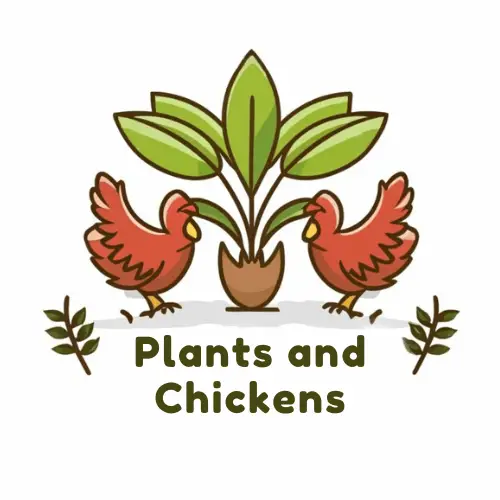
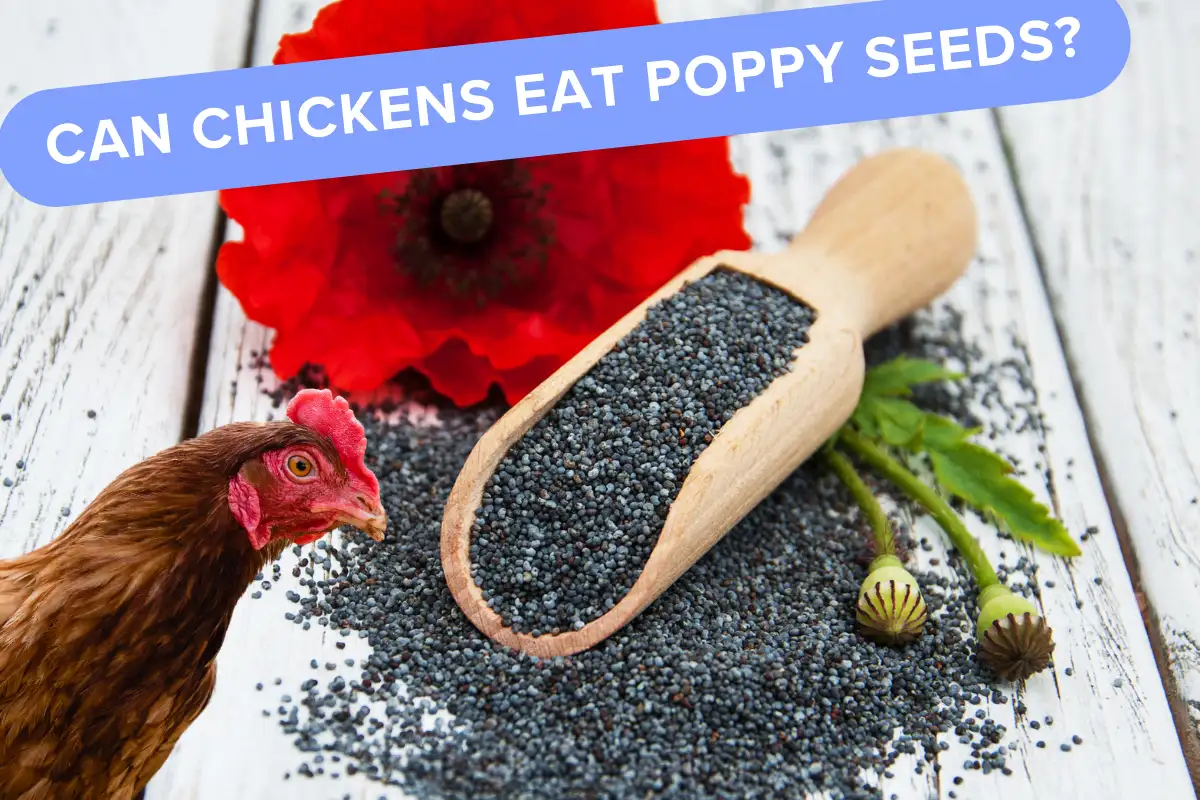
![Terrifying Trend: Why Do Roosters Chase Humans? [2024]](https://plantsandchickens.com/wp-content/uploads/2024/02/why-do-roosters-chase-humans-4.webp)


Leave a Reply